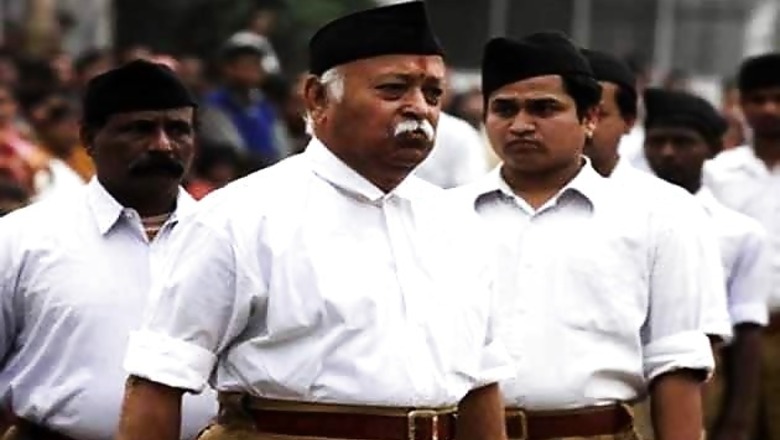
views
New Delhi: Election season, particularly one as grimly contested and acrimonious as this one, sees old icons taken out of various closets, dusted off and paraded, sometimes reinterpreted. Now the RSS has taken up 'Rani' Gaidinliu, the late Naga freedom fighter and cult leader, who the group wants to be awarded nationally and recognized. But there is more to this than merely respect for a patriot, because Gaidinliu's life, and how people treated her, reveals a lot about the different faces of India.
In a nutshell: Gaidinliu was a remarkable lady, from the finest generation the Indian subcontinent has ever seen, and her life of courage should inspire every woman today. Gaidinliu was born in 1915 in what is now Tamenglong district in Manipur, to the Rongmei Naga tribe. She was from the clan of the chief of the village, giving her family a measure of authority in Naga society. Her life, though, would be shaped by her cousin, Haipou Jadonang. Jadonang was a charismatic and firebrand leader of what he called the Heraka cult, which is of interest if you want to know why the RSS is involved in the matter today.
Naga tribes have had their own belief systems predating other religions, including Christianity, which by the early 1920s had made significant inroads even among the Nagas of the then Manipur princely state. Jadonang's movement was a combination of traditional Naga beliefs and practices with Hindu elements, but not merely that. As with other controversial cults and movements, Heraka has attracted considerable debate, revisionism and disparate opinions about its precise nature. In his seminal and painstakingly researched work on that troubled valley, Wounded Land: Politics and Identity in Modern Manipur, John Parratt has examined the different elements that Jadonang attempted to fuse into his cult. Parratt says Jadonang identified a local god of a cave, Bhishnu, with the Hindu god Vishnu. Some of the Hindu influence was undoubtedly because Jadonang's village fell on the old trade route between Bengal and Manipur, and because Manipur was wholly Vaishnavite by then. Jadonang, says Parratt, appointed a Brahmin to lead prayers at the sacred cave, but interestingly enough, the structure of the first temple he built was based on the church model. Moreover, his followers called him not only guru, the Hindu honorific, but also messiah, derived from Christianity.
On the whole, however, Jadonang's cult was vehemently against Christianity which he saw as destroying local traditions. The British did not take kindly to his mass appeal and hanged him in 1928 for the alleged sacrifice of Manipuri merchants at the sacred cave, a charge his followers said was fabricated.
Gaidinliu, just 13 at the time, took up his mantle and led the cult for years afterwards. One of India's nationalist leaders who became familiar with her movement was Nehru, who gave her the appellation of 'Rani', among the numerous generalisations which have dogged mainstream India's engagement with the Nagas both before and after Independence. Naga society is staunchly republican with village and clan chiefs, but these cultural terms do not translate well into Indian languages, so Gaidinliu was stuck with the royal appellation from a well-read but misinformed Indian leader. Nehru's praise of her stand against the British was also of little practical use when Gaidinliu and her rather well-armed followers were attacked by the British Indian Army, and she was imprisoned at 18, in 1933. She remained prisoner for 14 years while Nehru could not get her freed, and she could return to her people only in 1947. The few Indian students, including those of the Northeast, who have been told about her life have never been taught how the Indian freedom movement failed this remarkable lady.
Independence saw yet more hardships for Gaidinliu, as her group was accused of being anti-Christian and against the then raging Naga rebellion. On several occasions, her still substantial and armed followers engaged with the Naga rebels. Thorugh all this, Gaidinliu retained a great sense of dignity, something, once again, characteristic of her generation and missing in today's political leaders. Despite hardships and persecution from every side of the political spectrum, Gaidinliu retained her faith in her version of spirituality, Naga identity and nationalism, neither supporting violence by the Nagas, nor by the state, nor supporting the Church or Hindu revivalists. The government did pay her lip service as a convenient buffer against the Naga rebels, but for her part she kept her own counsel, and passed away in 1993, still saddled with the mistaken tag of royalty.
And after so many decades of being ignored or merely eulogized, Gaindinliu's life has found a new champion in the shape of the RSS, whose general secretary Bhaiyyaji Joshi has demanded national honour for her during her hundredth birth anniversary this year. Their motive is, of course, clear. Gaidinliu's Heraka movement works as a convenient tool for Hindu revivalists against alleged conversion by Christian missionaries across the country. It is another matter that Heraka was a complex combination of local and imported beliefs, and Naga society operated and continues to work on several different, complex and interconnected layers not easy for mainstream Indians to comprehend. As with many such social and cultural movements among India's marginalised people, absence of publicity or knowledge aids in their being usurped by political interests.
Gaindinliu, daughter and descendant of great and brave clan chiefs, was made a queen, but no one came to her aid when she spent nearly half her then life behind bars. Independence came to her country, but peace never visited her land, and even in death her legacy is now being revised and usurped for a few political brownie points. As with the other men and women of honour and integrity who made this country a great experiment in multiculturalism and multi-ethnicity, succeeding generations have failed Gaidinliu.











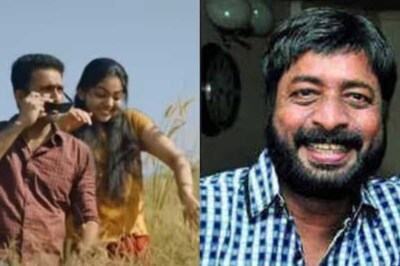


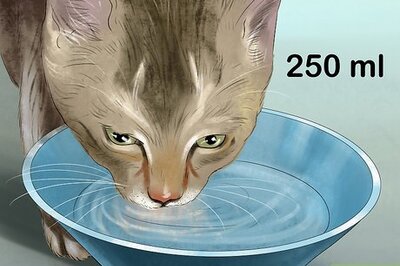


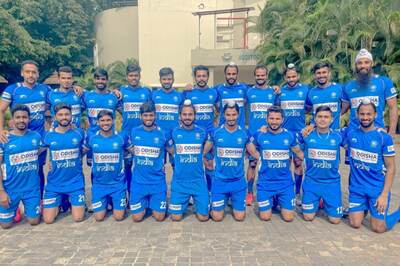

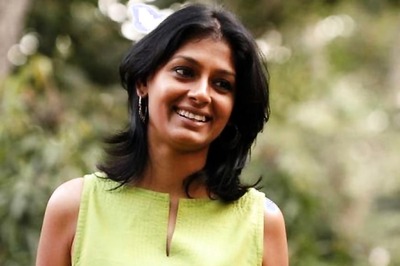
Comments
0 comment